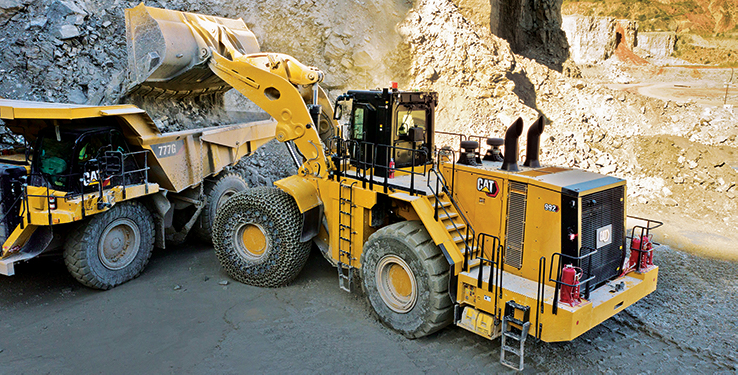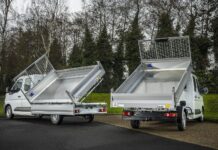FINNING has launched CUBIQ Sustainability, a new addition to its tech platform tipped to reduce customers’ carbon footprint.
The module can gather data on a range of metrics from fuel consumption, machine utilisation and emissions per site, project or individual machine, and even predict cost savings based on reducing factors such as idle time.
Finning added that a ‘broader view of performance’ can then be achieved by benchmarking against industry averages.
The aim is that by having greater insight into the efficiency of their equipment, businesses will be able to make more informed decisions to minimise fuel consumption.
Hannah Stout, manager at Finning Managed Services, said, “We are excited at the performance advantages that CUBIQ Sustainability will offer to customers. We have been trialling it with a number of organisations to assess just how it can help to drive down emissions and fuel consumption.
“We’re often asked by customers about how their sustainability credentials compare to others in their sector and this unique data provides the answer. It’s even possible to select a specific machine and see how that is performing against its use within your industry – there is nowhere else that provides customers with data like that.
“It’s also an essential tool for managers because we’ve incorporated a cost savings tab that allows them to see the impact of reducing something like idle time, for example, by just 10% in terms of actual cost savings – which is essential for them when they are putting a business case together and in understanding the impact of the improvements they’re trying to achieve.”
The module is supplied with the option of three support packages – Inform, Advise or Partner – which start from a set-up only bundle to full access to the full suite of Finning expert consultancy to identify efficiencies and help implement changes.
“Our advice to a customer is driven by their KPIs such as how they’re looking to reduce their carbon emissions,” Hannah added. “We have a client in the quarry industry for example who wants to reduce their emissions by 3.2% and we go to site once a month to identify tasks in key areas, such as idle time for example, and examine issues such as ‘are there any pinch points? Do they have the right number of machines and the right kind of machines? Are supervisors and managers knowledgeable enough to know what impacts their productivity?’.
“We can look at the fuel burn of any machine and check whether it is efficient and analyse what kinds of activities are driving that, and from a productivity perspective we will look at things like operator induced events, or gradients – are the haul routes too steep which increases fuel burn? Are the road connections right? As this will increase the risk of tyre damage as repair and maintenance of machines falls within our advice as well.
“Basically, we utilise all the aspects available from their data to assess and consider all the options to give customers the best outcome.”












